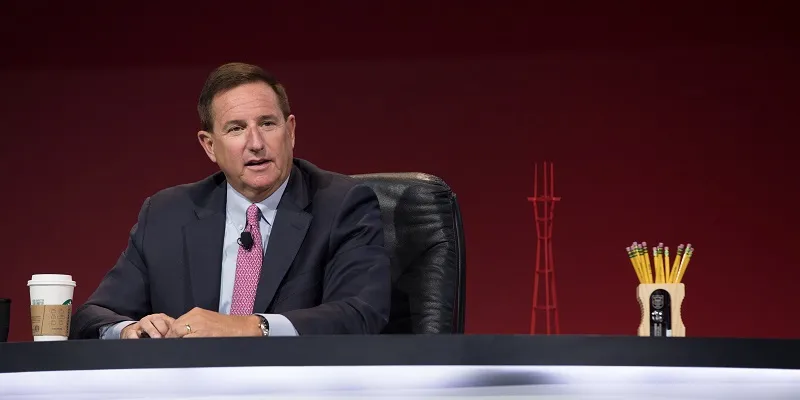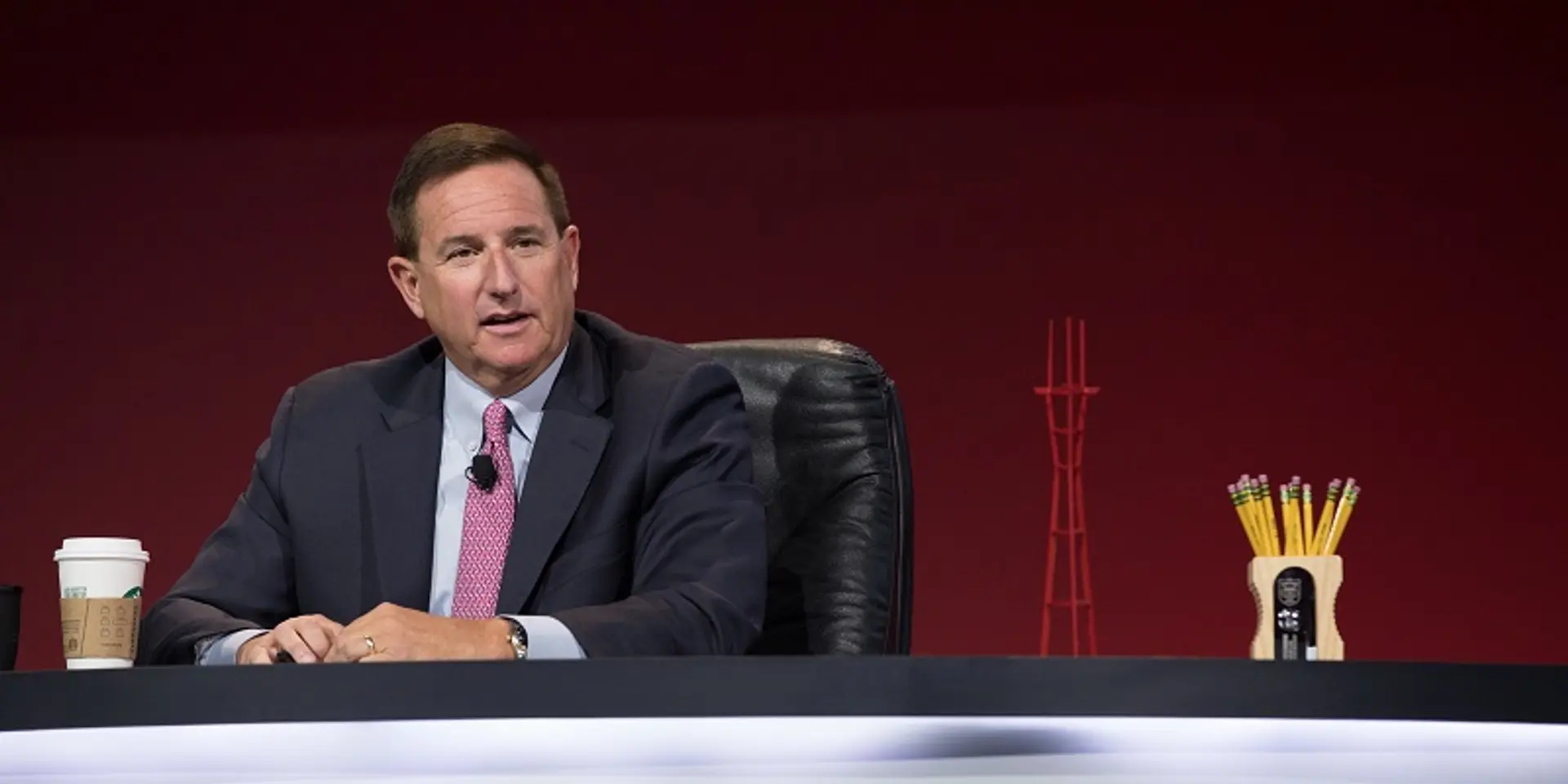AI is making all things autonomous for enterprises: Oracle CEO
Mark Hurd believes cloud is all pervasive and enterprises are working with private data centres that are autonomous rather than investing in IT.
Oracle CEO Mark Hurd is emphatic about the future of technology in enterprises. He believes software as a service (SaaS) has changed the way businesses make decisions. It is a world driven by a combination of business outcomes and the use of technology to achieve those outcomes.
Recently, at a media day organised by Oracle, Hurd unveiled new customer support offerings designed to help customers get more value from Oracle Fusion SaaS applications including Fusion ERP, EPM, HCM, Supply Chain, Manufacturing, Sales and Service.
What are these services?
Any company that uses technology has issues that include implementation of apps, security, and also ensuring that IT keeps running.
Under these services, Oracle will not charge for issue resolution, implementation support, success planning, guidance, on-demand education, and unified customer success portals. All these things are basic for a company to succeed and Oracle is preparing enterprises to learn to use AI and Machine Learning.
Below are excerpts of an interview with Mark Hurd.

YourStory: What do customers want today after they buy software services?
Mark Hurd: Software has changed the world with business. A lot of companies take software, but they do not have support functions that are free of cost. Our experts will help enterprises in every application. For example, an HR solution will have an HR expert guiding you. It's important for us because our customers want enhanced services which are on demand. Product experts are needed to guide enterprises and these basic services will be proactive. We are also offering a-la-carte services as a paid long term offering beyond the basic ones. If you take best practice guidance for example, it will be available for the long-term and is on demand for enterprises that want to learn fast. The future in the cloud is all about giving flexible services at no cost at all.
YS: What are the big things happening at Oracle?
MH: We are leading in the apps space where 280 enterprises have moved to the cloud with us. People are buying infrastructure and platforms together. Customers can use the software defined virtual data centre. We are offering the full suite of computer and storage services. We are very good at applications and infrastructure. Our applications are brand new. There are new apps for sales, ERP, HRM and marketing, they are all cloud based. This is where enterprises need services and guidance to use these new apps.
If you were at Oracle World event you would have seen the announcement of the autonomous database. This is where I am going to bring in our second big thing, which is the infrastructure level. Imagine a world where security, patching and load balancing is done by AI; this reduces cost and keeps critical applications running. In the old days you had people reacting to IT problems and it took time to understand the origin of the patch and by then an enterprise application would be down because of weak infrastructure. We help drive business transformation with our entire suite of services with infrastructure, platform, and applications.
So with AI, the entire infrastructure is self-monitored. It means our customers can give our data and apps and we drive the database. The infrastructure is optimised with software that makes it autonomous. The algorithm is the key and thousands of engineers have built this.
Today it is all about proactive monitoring and reporting, which is something our clients want. The objective is to provide the best services to support modern enterprise apps in the world.
YS: IT delivers results faster now, is it because of the cloud?
MH: Our clients want to run things in private clouds and apps are behind a firewall. AI makes it easier to monitor and deliver results fast by studying volumes of customer data or workloads. Security is a big aspect and even that is monitored by the autonomous database. People like the cloud because of business benefits and Oracle provides them the entire suite or stack of services.
YS: What is your outlook on global business?
MH: Today valuations are at a retreat from an incredible high, but how does one measure valuations? I come from a school of fundamentals; profits and revenues are key to growth. But there are folks who measure businesses based on the stock market’s growth.
For years the S&P average, companies tracked on it, revenue growth was one percent per year. But the stock market grew because of very low interest rates in the economy. Today interest rates are climbing up again. However company’s that are innovating are the ones that will thrive beyond valuations. Then there are tax cuts and trade wars which are not very good for being competitive.
Currently, although tax cuts are high in the US, trade wars are bad for the global economy. We want to be able to compete and see what the strategy of the US administration is in trade talks with other nations.
I am a product of American business schools in the 80s when the core to economic growth was innovation and productivity led by capital. Countries should fight to stop trade wars. There are certain things we can control and certain things we can't. We don't control policy and currency movements. What businesses can be good at is what they do on a day-to-day basis, which is building great products. I always try not to focus on stock because it leads you down the bad path. That said, we are on a 52-week-high. Globally, I don't see consolidation happening in the cloud industry because there are very few players that are billion dollar businesses. I see a lot of smaller companies in that space in the $200 million range.







